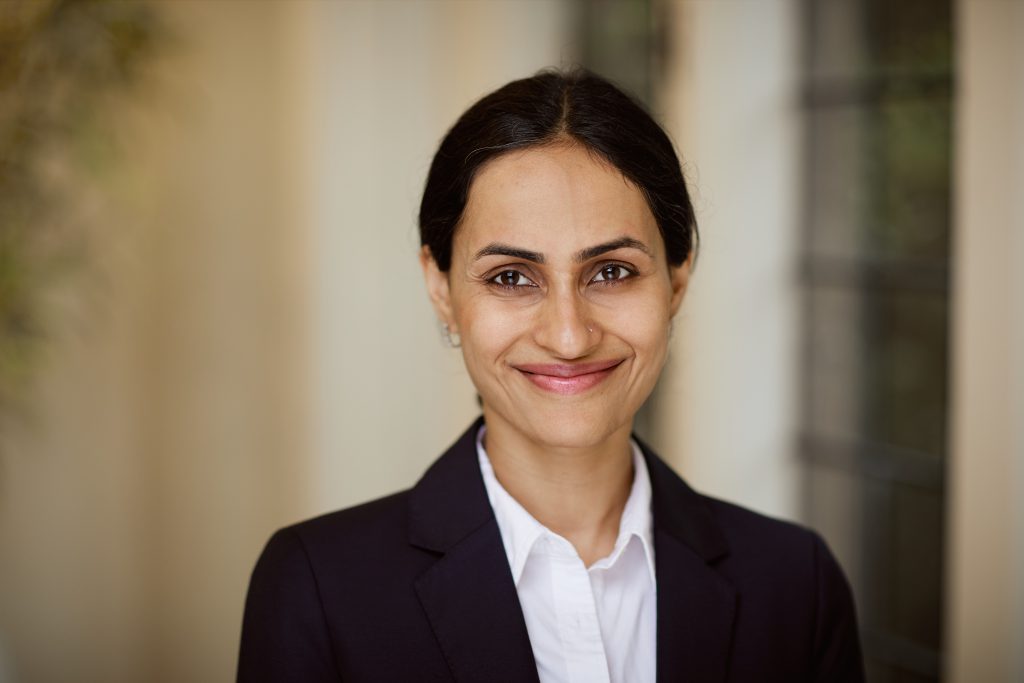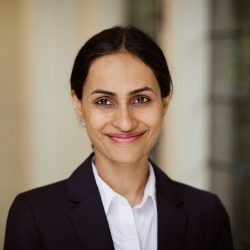Climbing the energy services ladder: transitions in India’s urbanenergy consumption amid a changing global climate
Reviewed by
Julia Huentmann, MSc student, School of Global and Area Studies, University of Oxford. Read the full review.
- Start Tuesday 18 Feb 2020 4:00pm
- Finish Tuesday 18 Feb 2020 6:30pm

Demand-side measures, such as urban energy management in households, are central to addressing global climate change. Examining and shaping energy consumption patterns is particularly salient in developing countries, where the bulk of urban growth is projected to occur and which are often the most vulnerable to climate impacts. India is keyto these discussions as it undergoes the largest urban transition in history, and is home to the largest increase in global energy demand. Based on large-scale data collection, this presentation examines transitioning electricity consumption patterns in urban housing in India, and compares results from the highest energy consuming parts of the country to low-income affordable housing. Quantitative analysis is complemented with qualitative research on the interactions between technologies, behaviours and institutions. The presentation will discuss which electricity services are demanded ashouseholds urbanize, and how the ownership of appliances which provide these services is changing with the ability of households to consume more. Shedding light on these questions helps improve future demand and mitigation potential estimates to systematize research on urban climate solutions. It aims to inform policy measures to lock-in low-carbon development pathways at a scale that is relevant for India, and more broadly, for an adequate global urban response to climate change.
Speaker
Dr Radhika Khosla is the Research Director of the Oxford India Centre for Sustainable Development and Research Fellow at Somerville College; and a Senior Researcher at the Smith School of Enterprise and Environment, School of Geography and the Environment, at the University of Oxford. She works on examining the productive tensions between urban transitions, energy services consumption and climate change, with a focus on developing country cities.
Radhika is the Principal Investigator of the Oxford Martin School’s interdisciplinary and multi-country programme on the Future of Cooling. Alongside she leads complementary research projects on urban transitions and space cooling consumption (focussing on India), and on cold-chains. She also leads the climate change research under DFID’s India-UK Global Partnership Programme on Development, which includes co-directing an executive education programme on Leadership in a Climate Emergency for business leaders. She is a contributing author to the sixth assessment report of the Intergovernmental Panel on Climate Change (IPCC).
Her other academic affiliations are at University of Pennsylvania, and the Centre for Policy Research, New Delhi. Radhika serves on government policy committees, and boards of journals and book presses.
The two sets of interrelated questions underlie her research priorities. First, how does consumption of energy-related services change as cities urbanize? What are the socio-technical drivers, systems and institutional structures that shape (and can reconfigure) energy and carbon emission pathways? Second, what forms of governance and political rationalities characterize the varied urban responses to climate change in rapidly developing cities, given their (often competing) objectives to provide urban services? Her broader interdisciplinary research examines how cities in transition manage the tensions of meeting growing energy needs for development while protecting the local and global environment.
Previously, she has been at the Massachusetts Institute of Technology, Fellow at the Centre for Policy Research in New Delhi, and Staff Scientist at the Natural Resources Defense Council in New York. At the latter, she helped set up the organization’s work on clean energy and climate change in India and led research and implementation on building energy policies in Indian states.
Radhika holds a PhD in the Geophysical Sciences from the University of Chicago and an undergraduate and master’s degrees in Physics from the University of Oxford
Future events
Associated people


